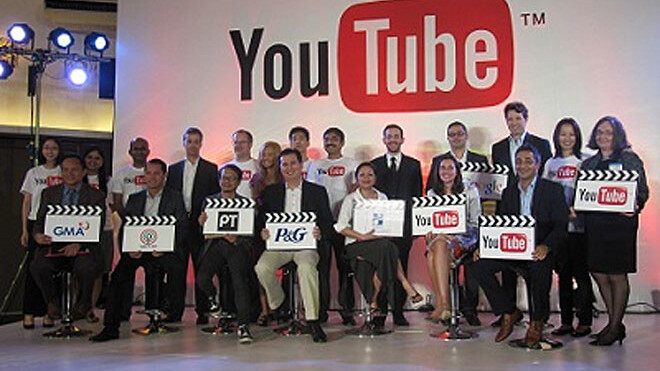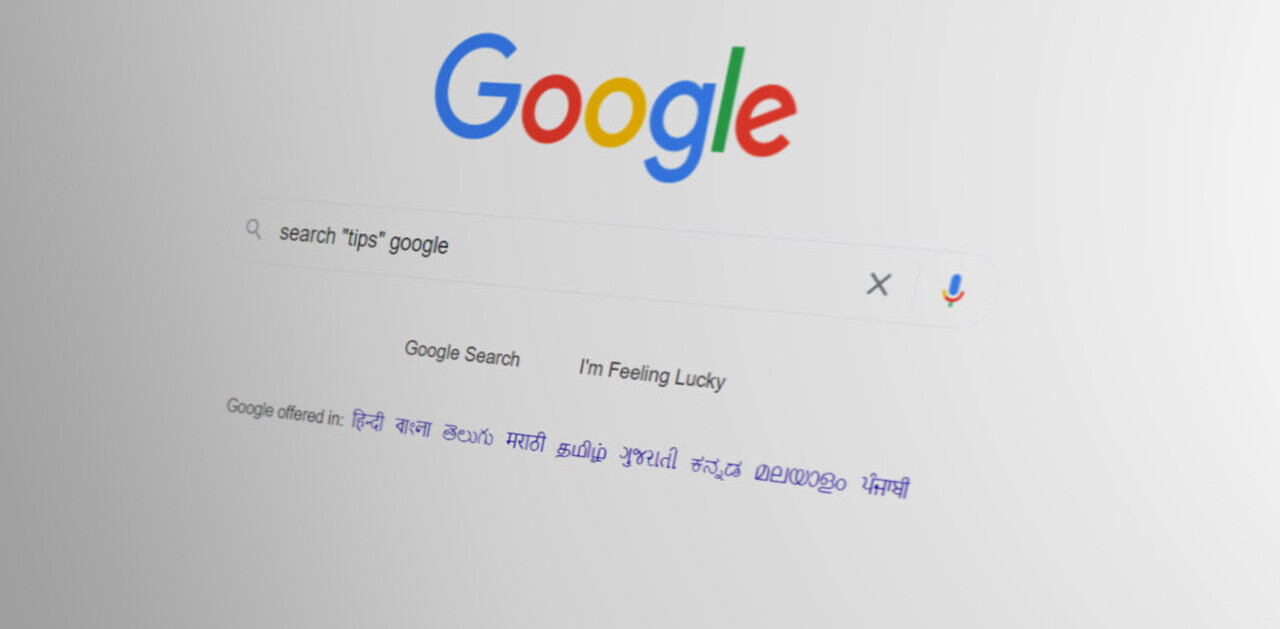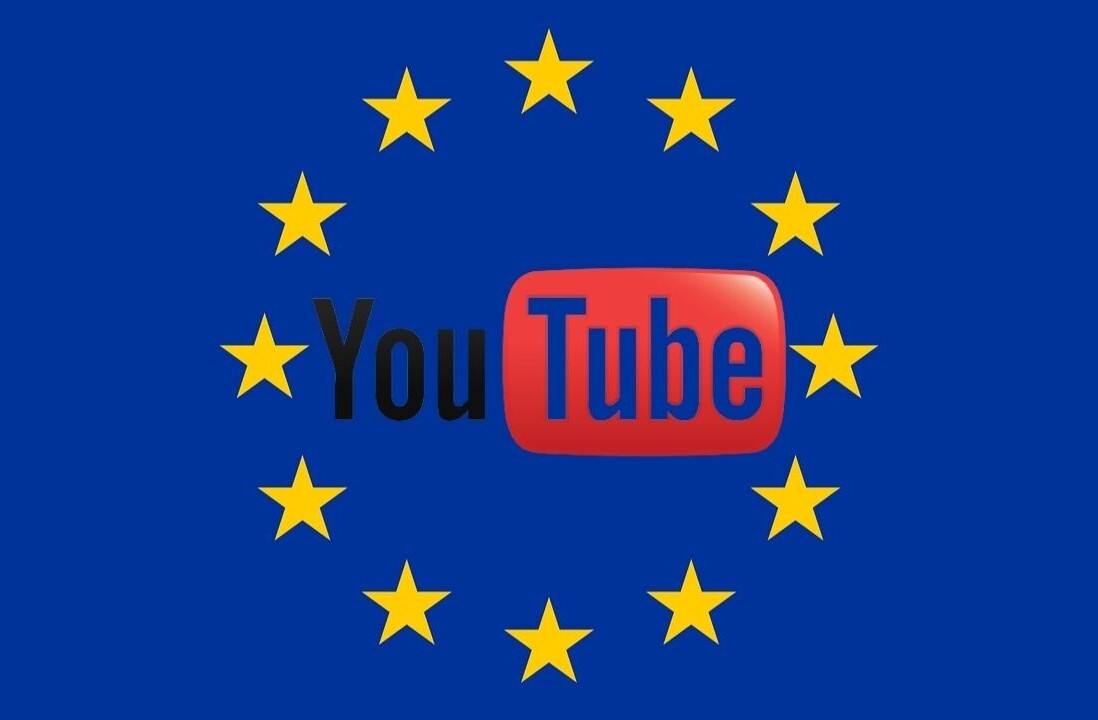
“Filipinos account for a lot of views in the Southeast Asia with tens of millions of views in a day.” This statement comes from Adam Smith, Google’s Director of Product Management, in response to the launch of YouTube’s first localized service in Southeast Asia.
Is it surprising that YouTube has chosen to launch in the Philippines? Probably not, when taking into account just how powerful the traffic coming in from this area actually is. With the three billion videos viewed globally in a day and 48 hours worth of video uploaded every minute, views from the Philippines account for tens of millions of these views in a single day.
Video sharing in the Philippines is skyrocketing.
Julian Persuad, managing director for Google Southeast Asia, notes, “The Philippine online population is even bigger than the actual population of most countries in Southeast Asia.” In fact, daily video uploads from the Philippines are some of the highest daily averages among Internet users.
 Smith hopes that this localized YouTube service will improve the experience for Filipinos by highlighting what might be relevant to them, aggregating content most interesting to the Philippine people. Livestreaming concerts from the area, for example, is now possible. Even partners like GMA-7 and ABS-CBN have plans to make several of their TV shows available through the localized site, perhaps tied into the $100 million Google has invested for original content on YouTube. For those of you outside of the Philippines interested in viewing the localized content, simply set your YouTube location to the Philippines and the site will deliver the appropriate material.
Smith hopes that this localized YouTube service will improve the experience for Filipinos by highlighting what might be relevant to them, aggregating content most interesting to the Philippine people. Livestreaming concerts from the area, for example, is now possible. Even partners like GMA-7 and ABS-CBN have plans to make several of their TV shows available through the localized site, perhaps tied into the $100 million Google has invested for original content on YouTube. For those of you outside of the Philippines interested in viewing the localized content, simply set your YouTube location to the Philippines and the site will deliver the appropriate material.
Of course, it’s not all about user experience. It’s also about money. Social ad revenue is estimated to be somewhere in the $10 billion range by 2013. Guatam Anand, Google’s Director of Content Partnerships in the Asia-Pacific, notes that this localized service will allow the monetization of video views originating from this area through YouTube partnerships and, surprise, advertisement placing. Even local music artists and composers can now receive payments from their associations when rights holders distribute their music.
Why this is good for the Philippines
 For those of you unfamiliar with the current state of the Philippines, the relationship between its government and the public is fairly strained. It’s not odd to hear someone say, “Our government is corrupt” or “The government doesn’t care about its people here” in the Philippines.
For those of you unfamiliar with the current state of the Philippines, the relationship between its government and the public is fairly strained. It’s not odd to hear someone say, “Our government is corrupt” or “The government doesn’t care about its people here” in the Philippines.
This localized YouTube partnership comes at an appropriate time, helping to connect the Philippine government with its people in a way that feels more intimate and human, a task that is uniquely accomplished through social media sites like YouTube.
Content from public offices will be available through two YouTube channels — RTVM and Official Gazette. Filipino President, Benigno S.C. Aquino III, hopes that these channels will better engage the people of the Philippines and involve them more deeply with what is going on behind the scenes in public office.
Aquino will also be the first Asian head of state to take part in the Google-YouTube WorldView interview series on November 4, a show that features different world leaders answering online users’ questions. US President Barack Obama is also scheduled to answer questions in this manner as well. Filipino Secretary Ricky Carandang spoke on behalf of Aquino when he could not attend the launch event. See the video below.
Catch all the biggest tech news from Asia at TNW Asia.
What do you think? Knowing that the Philippines isn’t exactly considered to be one of the wealthiest countries in the world, how do you think YouTube’s presence will affect its economy? Sound off in the comments.
Get the TNW newsletter
Get the most important tech news in your inbox each week.





